Description
Hayden Center – The Clinical Impact of Marijuana: When the Use of Marijuana Has Gone Too Far
- Faculty:
- Hayden Center
- Duration:
- 2 Hours 48 Minutes
- Format:
- Audio and Video
- Copyright:
- Jul 26, 2019
Description
As a mental health clinician, you’re more likely than ever before to have clients who use marijuana and cannabis products.
And while the last decade has seen a cultural shift toward acceptance of marijuana use, cannabis has significant addictive potential that you can’t afford to overlook as a mental health clinician. Cannabis Use Disorder can exacerbate your clients’ mental health problems as they self-medicate to avoid uncomfortable emotions, thoughts, and memories.
Even if addiction isn’t the focus of your practice, you need to be prepared when your client’s use of marijuana and cannabis products goes too far!
Watch this recording and you’ll get:
- Tools and tactics to identify Cannabis Use Disorder in your clients
- Techniques for successfully treating co-occurring disorders with marijuana users
- Evidence-based approaches to manage cannabis withdrawal symptoms
- The latest on Medication Assisted Treatment
Ensure you’re confident in your ability to provide your clients’ the best care possible and ready to navigate the ever-changing impacts of drug use on your work!
Handouts
| Manual – The Clinical Impact of Marijuana (6.4 MB) | 64 Pages | Available after Purchase |
Outline
Effective Approaches to Marijuana Cessation
- Prevalence of Marijuana Use
- Modes of intake
- Potency
- Pharmokinetics
The Impact of Cannabis Use Disorder on the Brain
- Brain centers – the relationship between brain centers and pain
- The pleasure factor and the addicted brain
- Differences from other substance use disorders
- How chronic marijuana use changes the brain
Cannabis Withdrawal Syndrome (CWS)
- Cutting edge research
- Symptoms and course of withdrawal
- Clinical Screening Tools
- Techniques to lessen symptoms and reduce cravings
Psychotherapeutic Approaches to Treat Cannabis Use Disorder
- Signs of marijuana use disorder and questions to ask
- CBT – recent studies
- Motivational Interviewing and Motivational Enhancement Therapy
- Contingency Management
- 12-Step Counseling
- Family counseling
- Adjunct approaches
- Assessing and modifying treatment to ensure effectiveness
- Research limitations and risks of psychotherapeutic approaches
- The impact of co-occurring disorders on treatment outcomes
- Primary disorders vs. substance-induced co-occurring disorders
- Screening procedures and tools
- Questions to ask
- Recording results
- Safety issues
- Trauma history
- Validity in co-occurring treatment research
- Risks associated with co-occurring treatment options
Medication Assisted Treatment (MAT)
- Medications that are being used in current trials
- Limitations of research and potential treatment risks
Faculty
Hayden Center, PHD, LPC Related seminars and products: 4
Hayden Center, PhD, LPC, has been treating individuals and families who suffer from substance abuse disorders, including opioid use disorder, for over 25 years in a private practice setting. Dr. Center most recently served as the evaluator for the Center for Substance Abuse Prevention’s (CSAP) Southeast Center for the Application of Prevention Technologies (SECAPT) and the Border Center for the Application of Prevention Technologies (BCAPT).
Dr. Center served as a consultant to the Alabama Governor’s Office of Drug Abuse Policy for 10 years and has worked with numerous state and local agencies in the state of Alabama.
He has provided over 200 trainings on the topics of science-based prevention, evaluation, risk and protective factors, co-occurring disorders, and other mental health and substance abuse issues. His current interests are providing training and technical assistance to increase the usage and effectiveness of evidence-based treatments and approaches.
In addition to his private practice, Dr. Center has taught in university settings for over 28 years. He teaches graduate-level courses in Theories of Psychotherapy, Advanced Objective Testing, Psychopharmacology, and undergraduate courses in psychology at Auburn University in Montgomery, Alabama. He earned his PhD in counselor education and Master of Science in psychology at Auburn University in Montgomery, Alabama.
Speaker Disclosures:
Financial: Hayden Center maintains a private practice. He receives a speaking honorarium from PESI, Inc.
Non-financial: Hayden Center has no relevant non-financial relationship to disclose.
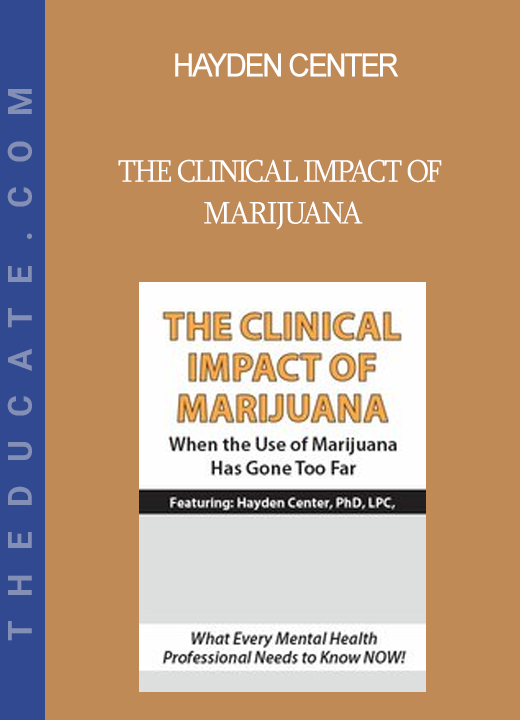

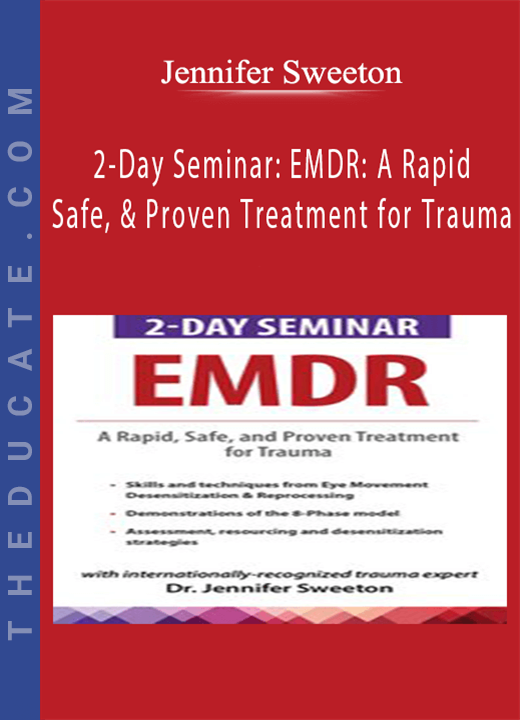
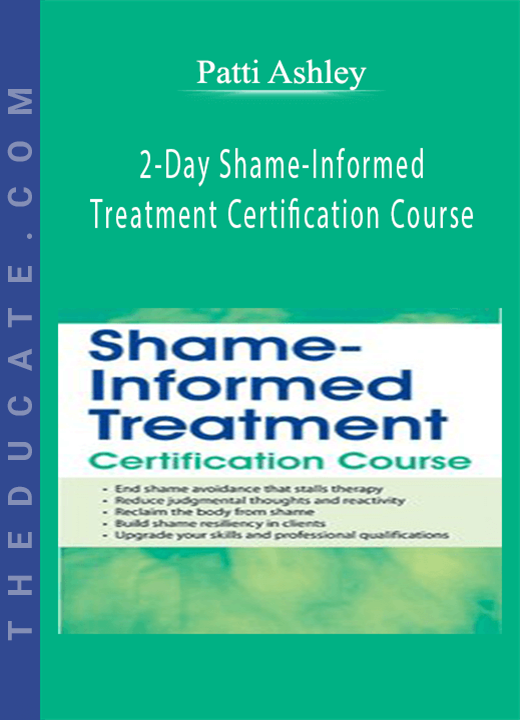
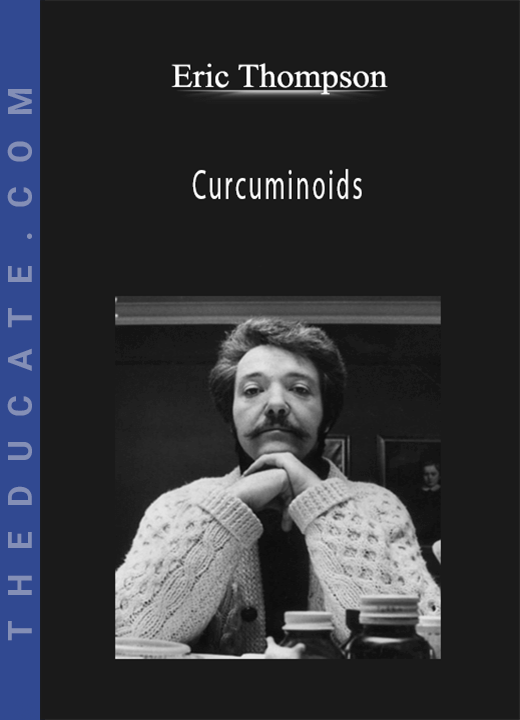
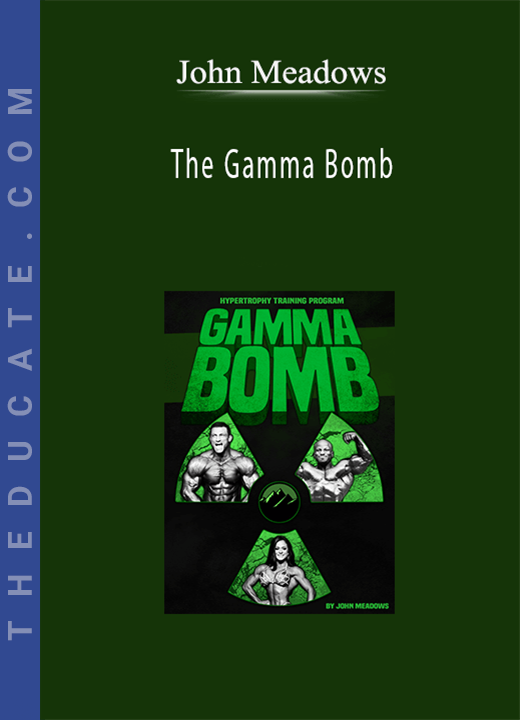
Reviews
There are no reviews yet.